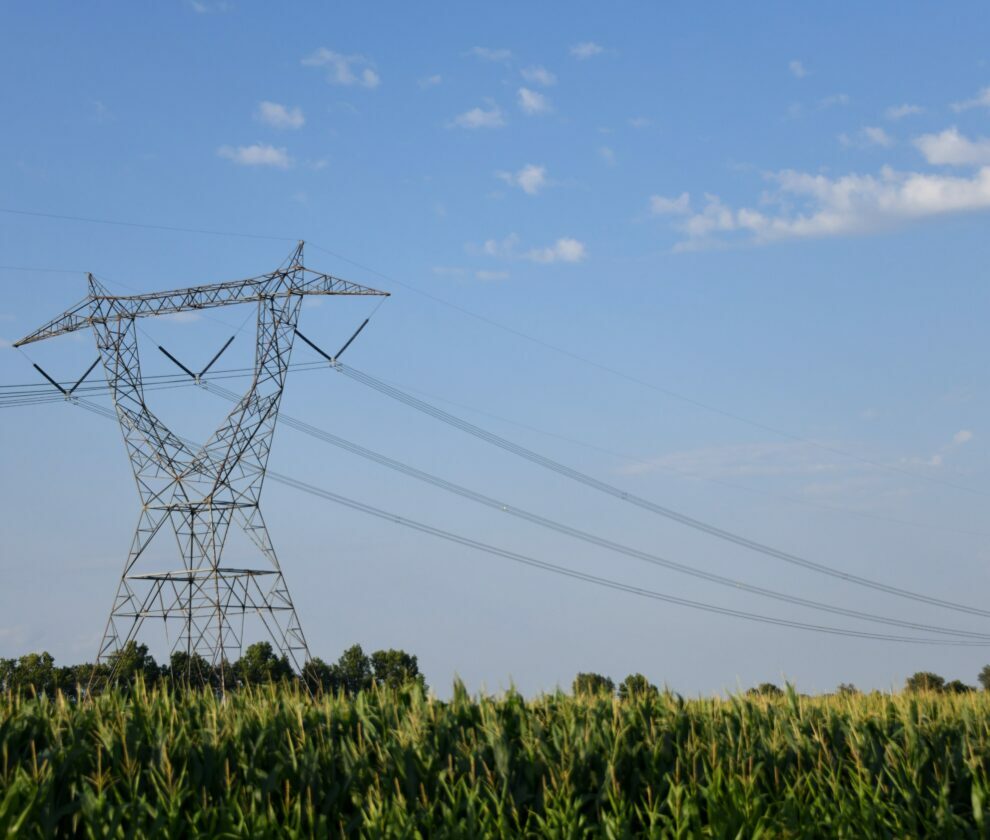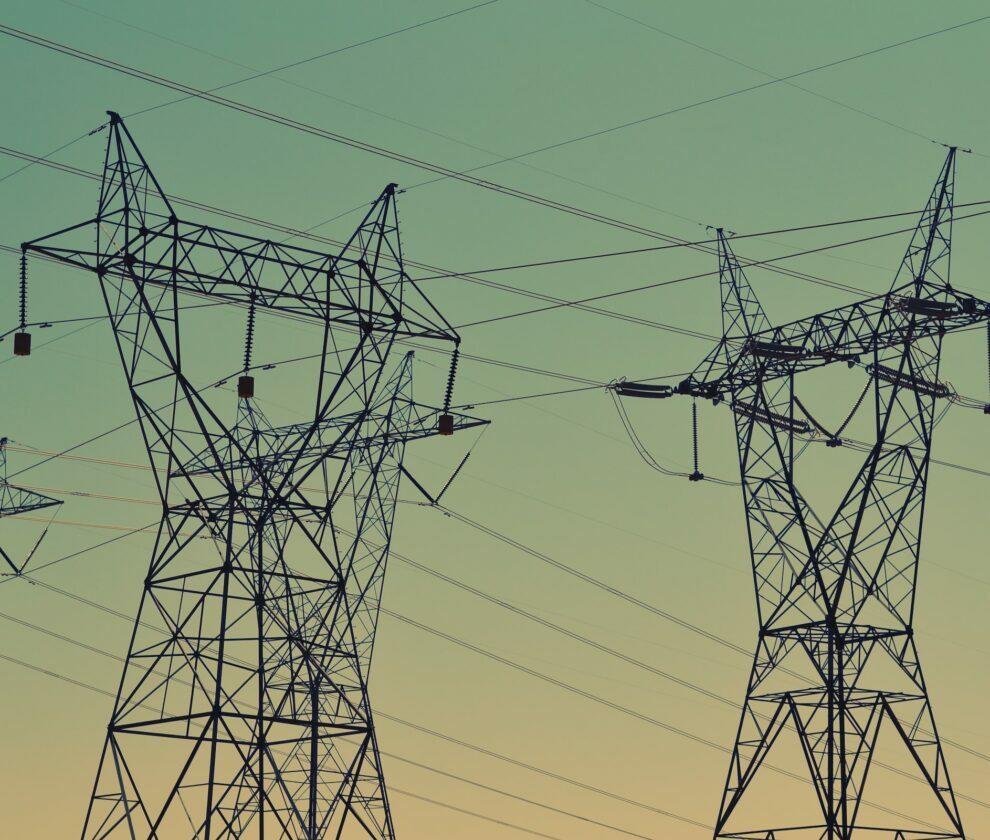WASHINGTON, D.C. (June 30, 2020)—Today the House Select Committee on the Climate Crisis released their Majority Staff Report, “Solving the Climate Crisis: The Congressional Action Plan for a Clean Energy Economy and a Healthy, Resilient, and Just America.”
“Americans for a Clean Energy Grid applauds the House Select Committee on the Climate Crisis for recognizing that upgrading and expanding electric transmission infrastructure is a prerequisite for economy-wide decarbonization. Building a National Supergrid would allow America to tap new renewable energy resources, create jobs, save money for consumers, and increase resilience,” said Rob Gramlich, Executive Director of Americans for a Clean Energy Grid (ACEG).
ACEG is pleased to see nearly all of its recommendations to the House Select Committee and recommendations to the House Energy and Commerce Committee included in the final report, as well recommendations from the the testimony of our Executive Director.
Notable provisions from the full report include:
On page 4:
“To fully harness the country’s vast renewable energy resources onshore and offshore, Congress must direct the Federal Energy Regulatory Commission (FERC) to develop a long-range transmission infrastructure strategy to site more interstate transmission lines in high-priority corridors. Congress also should direct FERC to remove roadblocks in power markets that slow the growth of electricity generation from clean sources.”
From “Move Toward a National Supergrid,” on pages 51-57:
“Congress needs a comprehensive strategy to address key electric infrastructure challenges, including transmission line siting.”
“FERC should identify where it would be possible to use existing rights of way, such as for railroads and interstate highways.”
“Congress should amend the Federal Power Act to direct FERC, rather than DOE, to designate National Interest Electric Transmission Corridors, upon application by developers of proposed projects.”
“Consistent with requirements under NEPA, Congress should amend the Federal Power Act to clarify that FERC may exercise backstop siting authority for an interstate electric transmission facility within a National Interest Electric Transmission Corridor if one or more states have approved the project, but one or more states have denied the proposed project or have withheld approval for more than two years.”
“Congress should create a new program at DOE to provide federal funding and technical assistance for state, local, and tribal authorities to conduct transmission planning and review applications to site proposed interstate transmission projects. Congress should also authorize DOE to provide incentives for economic development to these state, local, and tribal jurisdictions.”
“DOE should prioritize proposals to build interstate transmission lines that would deliver zero-carbon electricity.”
“Congress should establish a National Transmission Policy to provide guidance to state and local officials and reviewing courts to clarify that it is in the public interest to expand transmission to facilitate a decarbonized electricity supply and enable greenhouse gas emissions. The policy statement should also encourage broad allocation of costs.”
“Congress should amend Section 111(d) of PURPA to require consideration of the national benefits outlined in the National Policy on Transmission in any proceeding to review an application to site bulk electric transmission system facilities.”
“Congress should direct FERC to end its policy of assigning costs of the regional network to individual interconnecting generators and instead incorporate such needs into the regional transmission planning and cost allocation.”
“Congress should direct FERC to report to Congress of its progress in encouraging deployment of advanced transmission technologies and describe how the rule could be modified to encourage greater deployment of these technologies.”
“Congress should direct FERC to provide performance-based incentives for investments that improve the capacity and efficiency of the bulk electric transmission system.”
“Congress should direct FERC to conduct a rulemaking to require effective inter-regional planning in line with the principles outlined in the CLEAN Future Act and the Moving Forward Act. In addition, when the planning entities evaluate the multiple benefits of a proposed project, they should consider greenhouse gas emissions and national climate goals.”
“Congress should direct FERC to conduct a rulemaking to increase the effectiveness of transmission planning within a region. Planning entities should analyze greenhouse gas emissions and national climate goals in transmission planning, and they should evaluate the multiple benefits of a proposed project. The cost allocation process should account for the widespread economic and environmental benefits for consumers of increasing renewable energy generation, including lower energy costs for consumers and reduced greenhouse gas emissions.”
“Congress should direct FERC to require transmission planning regions to proactively plan transmission lines in anticipation of renewable energy development. These areas can be identified by examining existing generation interconnection queues as well as assessments of clean energy generation potential conducted by the National Labs.”
“Consistent with recommendations elsewhere in this report, Congress should direct FERC to designate National Interest Electric Transmission Corridors where HVDC transmission lines are needed to better connect the three interconnections, building on the Interconnection Seam Study.”
“Congress should provide financial support for priority HVDC transmission lines, such as through an ITC. Congress should provide an option for direct pay for the tax credit. Where feasible, the priority HVDC transmission lines should be buried to ensure resilience to climate change Impacts.”
“Congress should direct FERC or a new federal agency to manage the exchange of electricity between RTOs and ISOs and the independent balancing authorities in the Western and Southeastern parts of the country.”
“Congress should direct FERC to consider whether larger macro RTOs spanning full interconnections or the country would complement the work of existing RTOs by performing planning and cost allocation for the larger area.”
The full report is available: http://climatecrisis.house.gov/report
30 Jun



